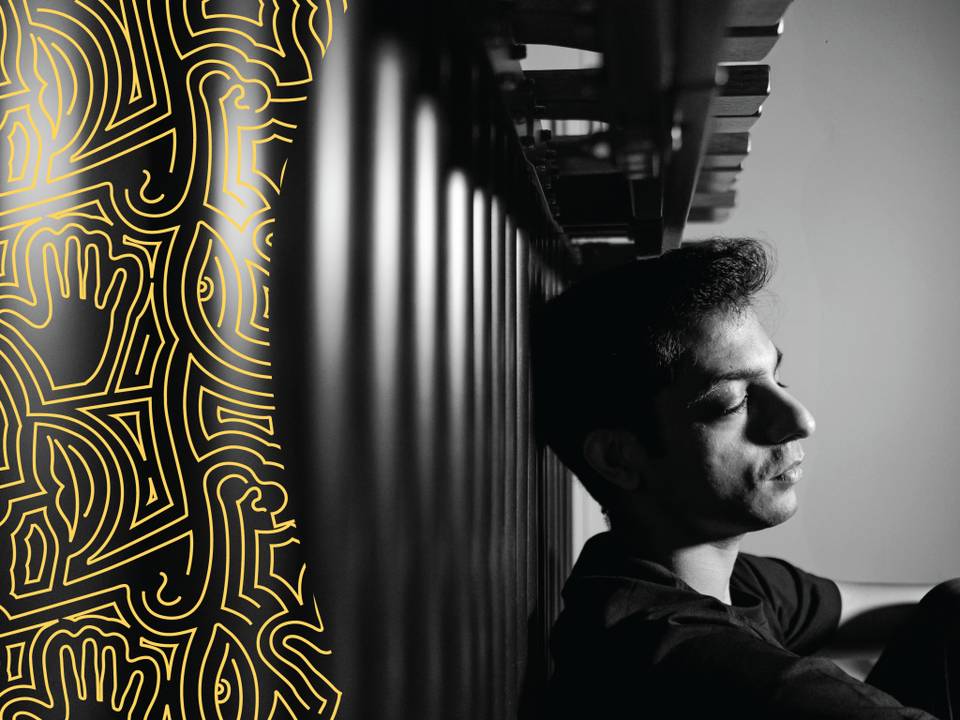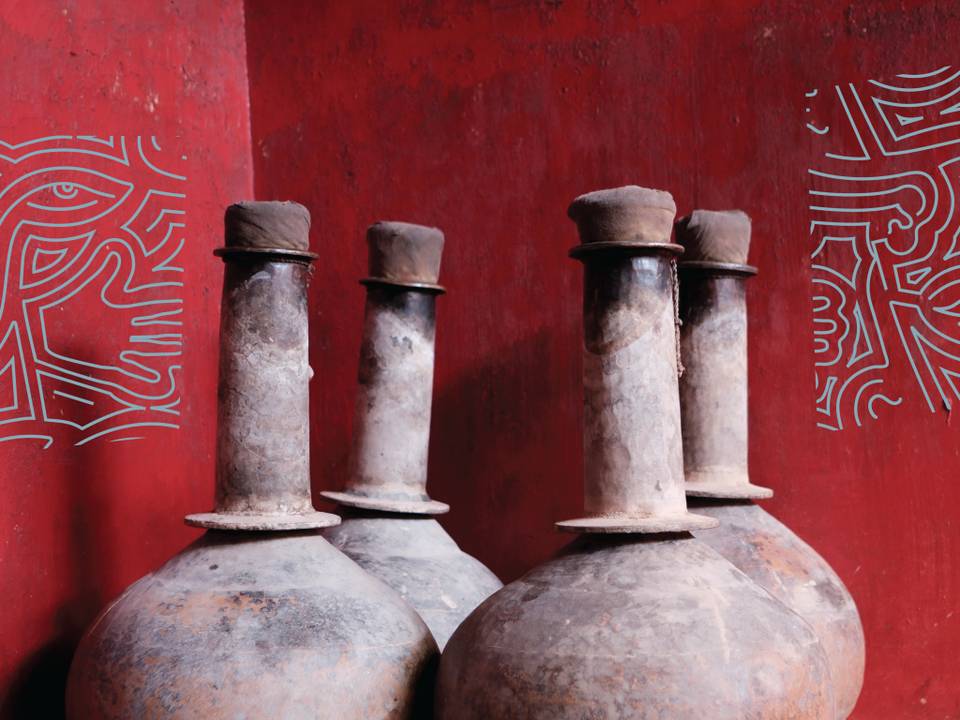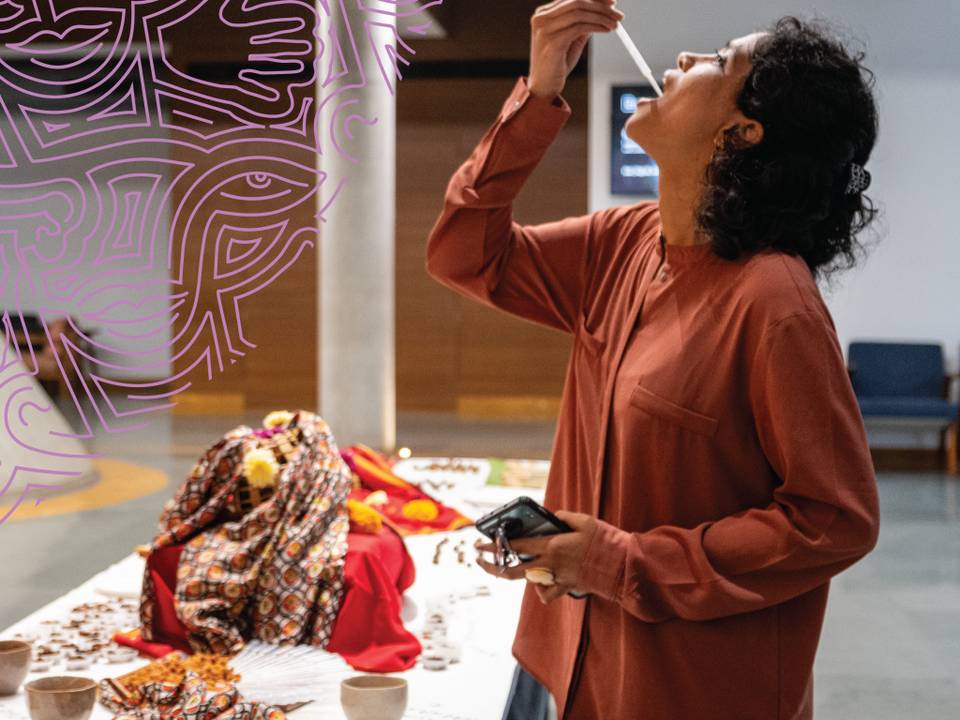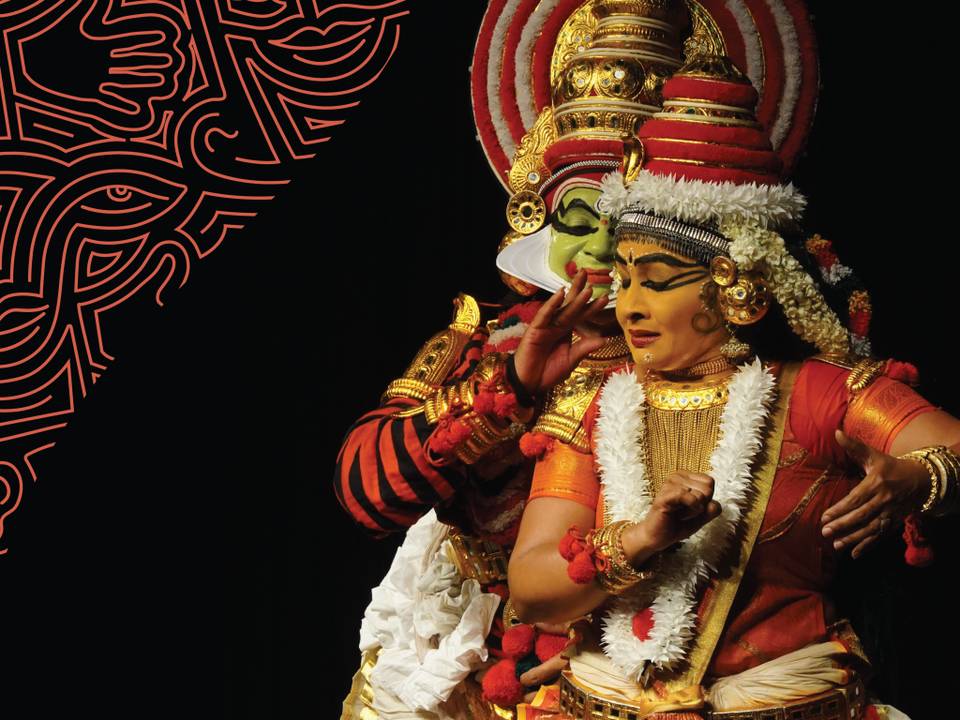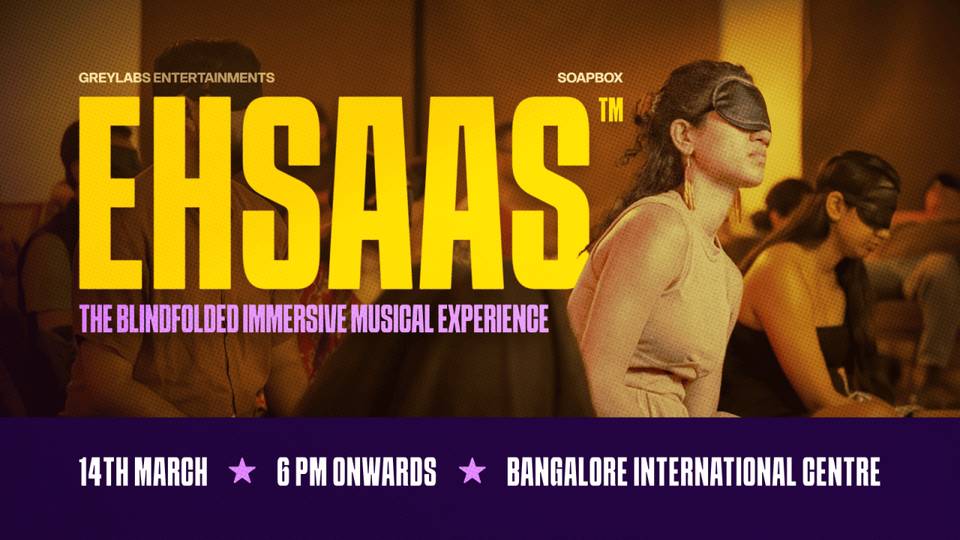दुविधा | Duvidha B•Cinematic: Must-Watch Films Before You Die
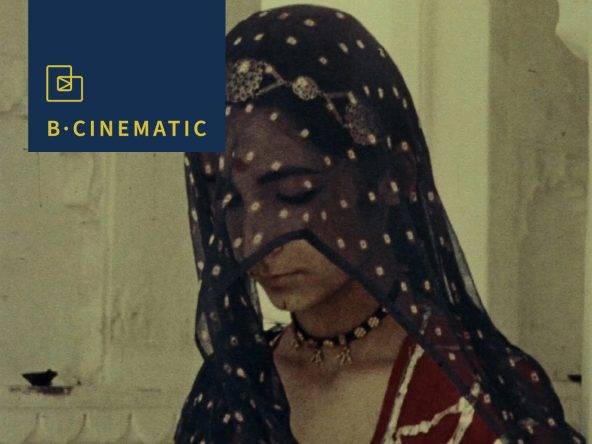
Details
Jul 07 2024 to Jul 07 2024 11:30 a.m.
EVENT HAS ENDED
Where
Bangalore International Centre
7 4th Main Rd, Stage 2, Domlur 560071
Event Description
1973 | 82 Minutes | Hindi with English Subtitles
The body of a renegade Brahmin awaits a funeral. The man in question flouted Brahmin caste regulations, attracting a cadre of youthful followers. However, the Brahmin elders of his village cannot decide whether to give him a traditional Brahmin cremation or treat him as an outcast. Until they decide, neither they nor their immediate families may eat. This film offers an intriguing glimpse into the lives and issues surrounding an orthodox community.
Calling all cinephiles! BIC is thrilled to introduce B-Cinematic, an initiative dedicated to celebrating the most essential, impactful, and artistically significant cinematic works from across the state and the country. At B-Cinematic, our mission is to curate and share those remarkable films that is a must-watch (or re-watch) experience for every passionate cinema lover. From groundbreaking classics to under-appreciated gems, our carefully curated selection will take you on an unparalleled (pun not intended) cinematic journey through the ages. Through curated screenings, insightful discussions, and engaging analyses from distinguished cinematic voices, we aim to not only watch these films together but to truly appreciate their craftsmanship, cultural impact, and intellectual depth. Our vibrant community of film aficionados will collectively rediscover Indian cinema’s most stunning and enduring masterpieces. So join us on this quest to experience the films that have defined and redefined the art form. Don’t miss out on crossing these essential works off your bucket list. Because to truly live, you must first watch the films that make life worth living.
The second film in our informal film club is Samskara (1970) Samskara is a critically acclaimed Kannada film directed by T Pattabhirama Reddy, released in 1970. It is based on the 1965 novel of the same name by UR Ananthamurthy. The film offers a thought-provoking exploration of traditional Brahmin society and its rigid customs. The story revolves around a small Brahmin agrahara (village) that is thrown into turmoil after the death of Naranappa, a Brahmin man known for his defiance of caste rules and unorthodox lifestyle. His unconventional ways had earned him the wrath of the agrahara’s conservative leaders. After Naranappa’s death, the question arises whether he should be given the traditional Brahmin funeral rites or denied them due to his transgressions against caste norms. This dilemma deeply divides the agrahara, with ideological conflicts arising between the youths influenced by Naranappa’s progressive thinking and the rigidly orthodox elderly Brahmin custodians of tradition. The film sensitively portrays the agrahara’s decaying feudal system and the inner contradictions plaguing its self-appointed patriarchal authorities as they grapple with existential questions about ritualism, sexuality, and the rapidly changing social mores. It offers a nuanced critique of entrenched casteism, misogyny, and blind adherence to outdated customs. With its authentic depiction of the Brahmin way of life, powerful symbolism, and philosophical undertones, Samskara is regarded as a landmark film in Kannada cinema’s Parallel Cinema movement and a masterpiece of Indian neo-realist filmmaking. The film won the President’s Gold Medal in 1971 and the Bronze Leopard at the Locarno International Film Festival in 1972 among several other recognitions.
Credits: Based on UR Ananthmurthy’s Kannada novel, Samskara; Translated to English by AK Ramanujan Produced and Directed by Pattabhirama Reddy Screenplay: Girish Karnad, T Pattabhirama Reddy and Singeetam Srinivasa Rao Dialogue: Girish Karnad Produced: Pattabhirama Reddy Cast: Girish Karnad, Snehalata Reddy, P. Lankesh, Dasharathi Dixit, B. R. Jayaram, Lakshmi Krishnamurthy Cinematography: Tom Cowan Editing: Steven Carta & Vasu Music: Rajeev Taranath Art Director: SG Vasudev The film will be introduced by writer and critic MK Raghavendra and the audience is encouraged to stay on for an informal post screening discussion.
Speaker
MK Raghavendra Film Writer & Critic MK
Raghavendra is an Indian film/literary scholar, theorist, critic and writer who had, till 2016, authored six volumes on cinema, and contributed to numerous newspapers and periodicals in India and outside. He received the Swarna Kamal, the National Award for Best Film Critic in 1997. He has authored three volumes of academic film criticism – Seduced by the Familiar: Narration and Meaning in Indian Popular Cinema (Oxford, 2008), Bipolar Identity: Region, Nation and the Kannada Language Film (Oxford, 2011) and The Politics of Hindi Cinema in the New Millennium: Bollywood and the Anglophone Indian Nation (Oxford, 2014). He has also written two books on cinema for the general reader 50 Indian Film Classics (Collins, 2009) and Director’s Cut: 50 Film-makers of the Modern Era (Collins, 2013) and edited an anthology of writing on South-Indian cinema, published by HarperCollins in 2017, Beyond Bollywood: The Cinemas of South India. His book The Oxford Short Introduction to Bollywood was published in 2016. His academic writings have been anthologized in books published by Oxford University Press, SAGE, Routledge, BFI (British Film Institute). He is a member of FIPRESCI and has been on the juries of several international film festivals including East-West: The Golden Arch, 2018 and 2019.



